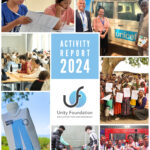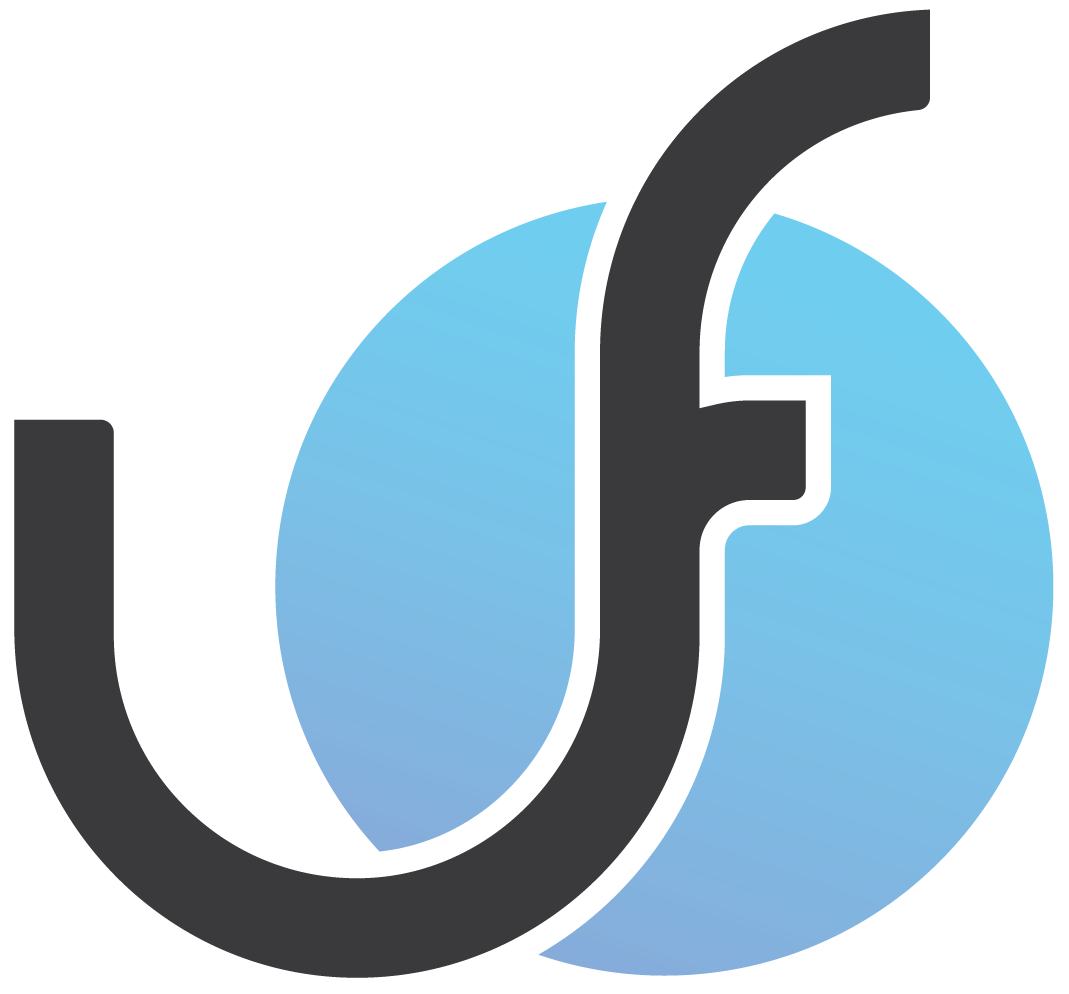
Our workshops are integrated into two subjects at the Aline Mayrisch High School!
19/03/2025
Our 2024 Annual Report is available!
07/07/2025A summary of our latest activities in Luxembourg
After several months of collaboration in several high schools, we’re delighted to share with you a summary of the activities carried out!
At the Aline Mayrisch High School, 24 students took part in a week of diverse activities prepared in collaboration with their teachers around the themes of social justice and solidarity. Based on an educational kit provided by our partner association Gemmes, the activities included collective reflection around short films, artistic presentations by the youths, a field trip to meet three structures committed to social and environmental justice, sports games with a class of young newcomers to Luxembourg, and the creation of awareness-raising videos on the subjects of wealth distribution, gender equality and inclusion.
In their written feedback, the young people declare that they have become aware of the reality of poverty in Luxembourg, of the importance of justice and solidarity, particularly with newcomers to their high school, and of the importance of reinforcing unity and kindliness in their class. In fact, they noticed more respect, kindness and listening among themselves at the end of the week!
To the question “How will you continue to make an impact around you within your class, the high school and Luxembourg?”, the majority of young people wrote wanting to get involved in permaculture, be more responsible towards the use of energy and technology, be more attentive, respectful, kind, donate and help out in their homes.
“I can become an active agent of positive change by helping those in need, by being kind and by committing myself to important causes, such as education, mutual aid or ecology. Every little gesture makes a difference,” says one of the students in the class.
At the international school in Differdange, four classes of second and fourth graders followed the “Who am I and what is my place in society?” workshop for five weeks. Reflection and practical activities around the award-winning short film Mercy’s Blessing gave rise to touching and meaningful artistic renditions, prepared by the students through drawing, writing, dance, drama and games. All illustrated their understanding of the concepts addressed: altruism, privilege and promoting justice.
In their written feedback, most students mentioned that they had better understood the notions of equality, respect, privilege and sacrifice, or the importance of not judging or talking behind the backs of others. Others said they had become more aware of the importance of concentration in class, punctuality and the need to help others. For some, above all, the workshop enabled them to get to know themselves better, manage their emotions better and try to live more consciously.
The youths’s resolutions?
“I’d like to take things more in hand and not do things at the last minute, be more attentive, concentrate in class, pay attention so I don’t have too much work to do at home.”
“Help my classmates study more or help them with their homework. Help people who feel excluded or who need to talk. Help cheer someone up.”
At the Lycée Technique de Lallange, while some classes continue to benefit from the Empathy and Responsibility workshop in their tutoring hour and within the Bien-être et Empathie option, seven service projects have been carried out within the framework of the school’s Empathy Club, bringing together an average of fifteen participants on each occasion. To accompany this dynamic, a group of motivated teachers was set up to coordinate the club, pool ideas and enable as many students as possible to benefit from the club’s service projects. These involve visiting the residents of Elysis House, with whom the students chat, stroll and play board games, as well as participating in the upkeep of a community garden a few dozen meters from the high school.
The group of club participants continues to grow, usually by invitation from the youths themselves. A fine example of how commitment can grow out of the trust placed in them and the opportunities they are given to be of service!
At the Fieldgen private school, 12 classes of 6th and 7th graders enjoyed workshops led by seven 3rd graders trained since December 2024. Taking advantage of a unique age proximity with their facilitators, participants explored the themes of empathy and responsibility, identity and inclusion, and resilience and collaboration also articulated by Gemmes in three different educational kits.
87% of students shared one or more ideas they had retained from the workshop. To the question: “Each of us can choose to help the world change in a positive way. How will you continue to help improve the society around you?”, the students answered: support others, help those in need, be respectful, kind and accept differences, dialogue and listen to others, think about the consequences of your actions and take responsibility, better preserve the environment, help associations, be positive and study better. Commitments that we certainly can’t keep up with, but which demonstrate the young people’s determination to improve!
The group of animators also enjoyed a session of introspection and relaxation through yoga and painting, thanks to the talented Lea Schroeder. They also closed the week with the recording of a podcast on Radio Ara and a video montage to sum up their experience, which we’ll be sharing shortly!
The environment created in the workshops is essential for making an impact and enabling the transformation of young people. Unity Foundation strives to promote a vision of youth based on the dignity, potential and ability of each individual to contribute to collective progress. Through our training programs, we encourage a benevolent educational posture, where mistakes are considered inherent to the learning process and where young people’s initiative is encouraged through concrete actions. Particular attention is paid to the importance of constructive feedback, of an attitude that identifies and drives the gradual evolution of students, and of the importance of not locking them into labels that can hinder their transformation. These efforts foster dynamic environments, marked by youth engagement and mutual support between educators and students.



























